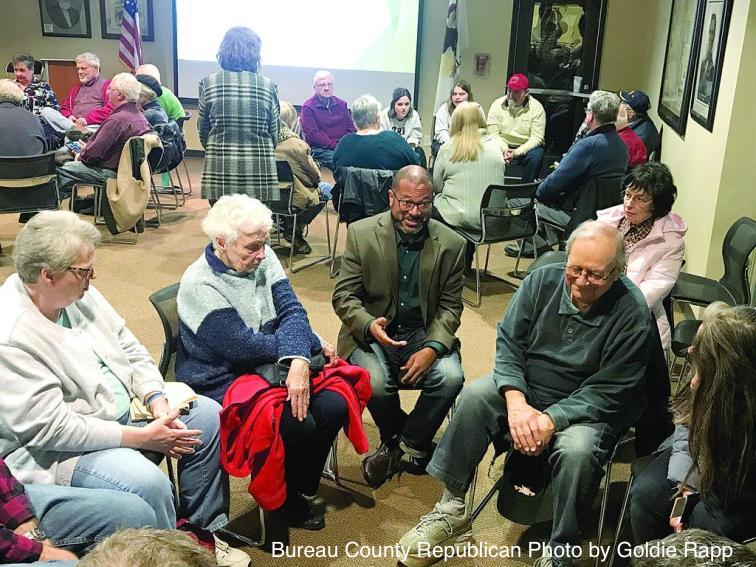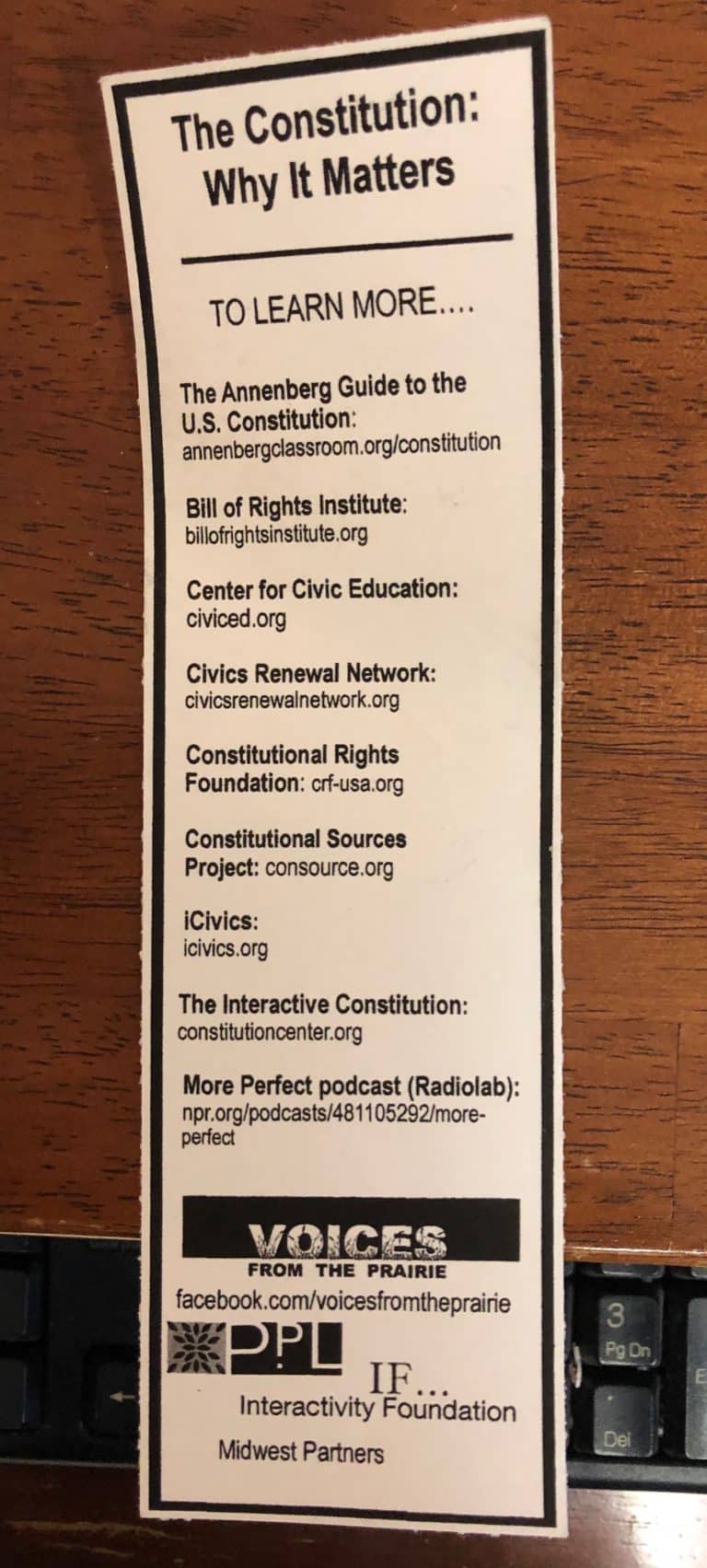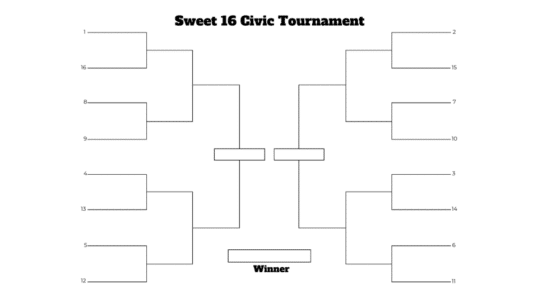 For four weeks earlier this year, from late February through early March and just prior to the social distancing and other public safety measures necessitated by the COVID-19 pandemic, the residents of Princeton, Illinois and the surrounding area did something all too unusual. Despite the bitter cold of a Midwest winter and the many other demands on their time, they came together, listened attentively, and then talked openly with each other. Even more unusual, the subject of these gatherings and their discussions was not local property taxes or road maintenance. It was, rather, that most iconic, and yet also abstract and integral document at the heart of our representative democracy: the U.S. Constitution. In four separate evening sessions at the Princeton public library, residents filled (and sometimes over-filled) the room to hear presentations, followed later by group discussions, about the origins of the U.S. Constitution, our Bill of Rights, its eventual and arguably unfinished application to the states, racial minorities, women, and others, and to test their knowledge of civics against the US citizenship test. The presentations and the later group discussions were thought-provoking, sometimes challenging, and fun.
For four weeks earlier this year, from late February through early March and just prior to the social distancing and other public safety measures necessitated by the COVID-19 pandemic, the residents of Princeton, Illinois and the surrounding area did something all too unusual. Despite the bitter cold of a Midwest winter and the many other demands on their time, they came together, listened attentively, and then talked openly with each other. Even more unusual, the subject of these gatherings and their discussions was not local property taxes or road maintenance. It was, rather, that most iconic, and yet also abstract and integral document at the heart of our representative democracy: the U.S. Constitution. In four separate evening sessions at the Princeton public library, residents filled (and sometimes over-filled) the room to hear presentations, followed later by group discussions, about the origins of the U.S. Constitution, our Bill of Rights, its eventual and arguably unfinished application to the states, racial minorities, women, and others, and to test their knowledge of civics against the US citizenship test. The presentations and the later group discussions were thought-provoking, sometimes challenging, and fun.
 The program was organized and convened by a partnership of Voices from the Prairie, a “grassroots citizens’ movement committed to promoting open, ethical, and fair governance and upholding the values of tolerance, fairness, and inclusion in American society and political life,” the Princeton Public Library, and local media. The Interactivity Foundation provided assistance in planning and facilitating the group discussions as well as some financial support.
The program was organized and convened by a partnership of Voices from the Prairie, a “grassroots citizens’ movement committed to promoting open, ethical, and fair governance and upholding the values of tolerance, fairness, and inclusion in American society and political life,” the Princeton Public Library, and local media. The Interactivity Foundation provided assistance in planning and facilitating the group discussions as well as some financial support.
The program was highly successful, with attendance consistently exceeding expectations and sometimes the available seating capacity. It also led to significant interest among participants in starting their own, additional discussion groups to continue the conversation on this—and other—topics.



